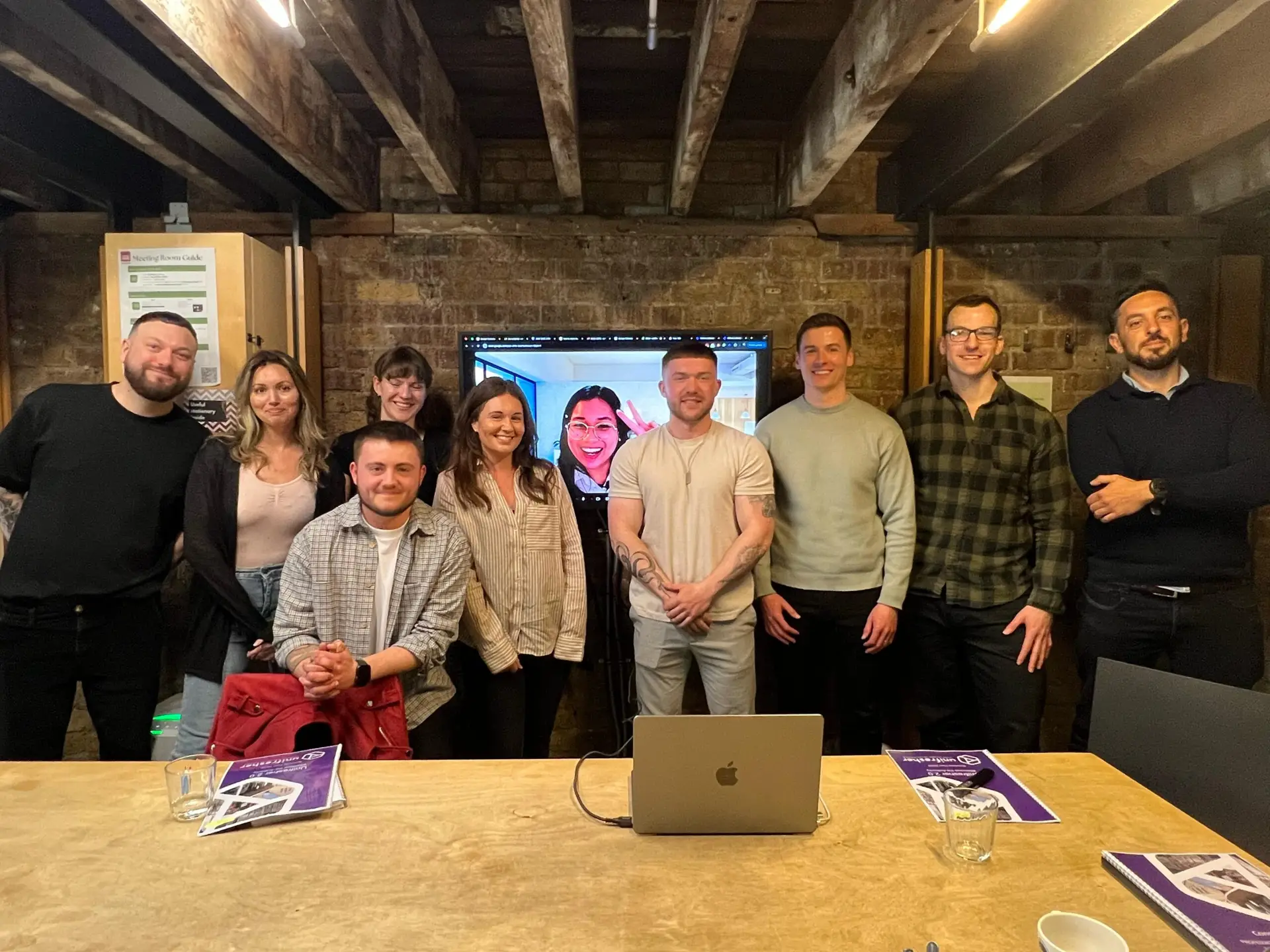Getting anthropology work experience can be more challenging than in other fields. This is because anthropology is primarily an academic discipline rather than a vocational one. However, there are several ways to develop the skills and practical experience you need to advance in the discipline.
How to get work experience in anthropology
1. Get creative

Make an Ethnographic Film
Choose a topic that genuinely interests you. This could be families, the making of a national dish, or the experience of womanhood. Then, find a community or a community member who is willing to let you document their story.
Before conducting your research, take time to carefully consider the ethical aspects of your project. Always obtain explicit permission before sharing any personal information, images, recordings, or speech from participants. Have open conversations about consent and clearly communicate your intentions for the project. This helps you build up your ethical competency.
During the filming process, immerse yourself in the community. Conduct interviews, listen closely to people’s stories, and observe everyday interactions. This approach will help you develop a deeper understanding of the community and strengthen your ethnographic and interpersonal skills.
To enhance your cultural sensitivity, verify all information to avoid spreading misinformation. Use credible sources and data to maintain the integrity of your documentary. Approach the topic and community with respect and awareness, ensuring your work accurately represents cultural contexts and lived experiences. Avoid stereotypes and misrepresentations, and engage with participants in ways that honour their values and perspectives.
Your film doesn’t need to be widely distributed. You can keep it private or share it on YouTube or social media. Regardless of its audience, the process will help you refine your ethnographic skills and experience what it’s like to nurture a research project from start to finish.
Set up a Substack
Setting up a blog is a great way to develop your writing style and strengthen your research skills. Choose whatever anthropological themes, case studies, or moments that interest you, and explore them in depth. Utilise your library resources and online academic databases to support your work with credible research. Use your blog as a platform to write thoughtful pieces that analyse, interpret, and reflect on these topics. This is a helpful way to practice communicating complex anthropological ideas in an accessible and engaging way.
2. Volunteering

Volunteering is a great way to develop your skills and gain valuable experience. There are many opportunities you can apply for in London. However, there are three opportunities I would really encourage you to explore potential career paths in anthropology as they can offer meaningful insights into the discipline and its professional applications.
Museum Volunteering
Museums often welcome volunteers to assist with exhibitions, curation, public engagement, and educational outreach. Volunteering in a museum gives you the chance to engage directly with cultural artefacts and gain insight into how anthropological research informs public understanding of history and culture. Institutions such as the British Museum, the National History Museum and many more advertise their volunteer roles on their careers pages.
NGO Volunteering
Non-government organisations (NGOs) frequently work in areas such as community development, human rights, and cultural preservation, all of which connect closely with anthropology. Volunteering with an NGO can help you understand how anthropological methods and perspectives are applied in real-world contexts. NGOs that are always looking for volunteers include the British Red Cross, Oxfam, International Crisis Group, as well as many more. Check their individual websites to see what roles are available.
Intern at the RAI
The RAI regularly welcomes volunteers and interns to support its activities and projects. These opportunities offer valuable experience in the professional and academic sides of anthropology. Volunteers assist with RAI events or short-term projects, providing unpaid support either for a single event or on a regular basis. Interns are typically students or recent graduates in anthropology or related subjects who join the RAI full-time for periods of up to six months. Both roles offer participants a chance to gain professional and personal development within a respected non-profit organisation as well as insight into how a major anthropological organisation operates. To find out the full details of how to apply, refer to the RAI’s volunteer and intern policy on their website.
3. Get networking

Shadow an Academic
The best way into a field isn’t what you know but who you know. Building professional connections can open up valuable learning and career opportunities. I suggest considering reaching out to anthropologists at your university or a university near you. Send a polite email expressing interest in their work and ask if they would be open to a chat with them about their fieldwork, allow you to attend one of their lectures, or even let you shadow them for a day conducting fieldwork. You can also reach out to local museums to see if any on-staff anthropologists would be willing to let you observe their work. These experiences not only provide insight into the practical side of anthropology but also help you begin building a professional network in the discipline.
Attend Institution Seminars
Universities such as UCL, LSE, SOAS, Cambridge, and Oxford regularly host public seminars that showcase the latest research from their departments, as well as talks by visiting scholars. These events, which are available in person, online, or as recorded sessions, are excellent opportunities to engage with current anthropological research and developments in the field. Details of upcoming seminars and recordings can be found on each institution’s website, usually within their anthropology department or events pages.
4. Go online

Virtual Work Experience
Springpod is a great way to do on-demand virtual work experience. The programme I would recommend specifically for anthropology work experience is the Springpod Heritage Work Experience. This is a virtual programme that helps you gain an understanding of working in historic conservation. The programme includes interactive activities, quizzes, and videos with Historic England colleagues, giving you a hands-on sense of what working in heritage looks like. This work experience is a great way to connect with history, build relevant skills such as research and analysis, and explore potential career opportunities in heritage and conservation.
Take an Online Course
Many universities offer free online short courses through platforms such as FutureLearn. These courses are a great way to explore niche areas of anthropology and develop your knowledge from home. Some courses have focused on the anthropology of social media, forensic anthropology and archaeology as well as sociocultural anthropology. Completing these courses helps you build research and analytical skills, gain insights into different subfields, and demonstrate your interest in anthropology for further study or work opportunities.
Gaining work experience in anthropology may not be as straightforward as in other disciplines, but that’s part of what makes it so rewarding. However you choose to gain experience, through research, volunteering, networking, or online opportunities, each step will help you develop the critical, analytical, and empathetic mindset that makes a good anthropologist. And if you’re wondering where these skills can take you next, explore the wide range of jobs you can do with an anthropology degree.
Authors
-
I'm currently a BA Anthropology student so people watching is my favourite thing! I love going to concerts, pop culture and reading. In my free time, I love trying new places to eat.
View all posts
-
Aminah is a dedicated content expert and writer at Unifresher, bringing a unique blend of creativity and precision to her work. Her passion for crafting engaging content is complemented by a love for travelling, cooking, and exploring languages. With years spent living in cultural hubs like Barcelona, Sicily, and Rome, Aminah has gained a wealth of experiences that enrich her perspective. Now based back in her hometown of Manchester, she continues to immerse herself in the city's vibrant atmosphere. An enthusiastic Manchester United supporter, Aminah also enjoys delving into psychology and true crime in her spare time.
View all posts






